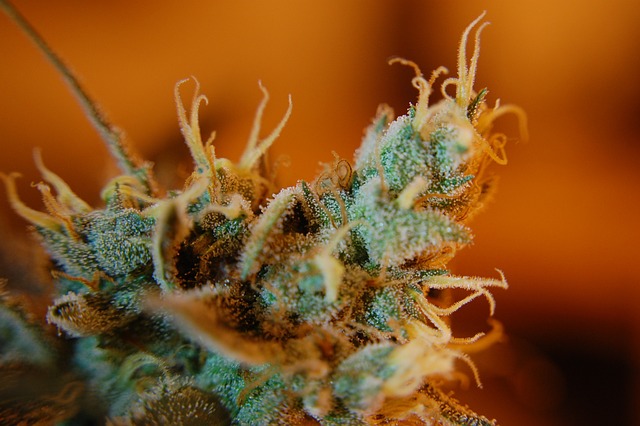2023 marked significant advancements for the wellness and healthcare sectors in New Jersey, particularly with the rise of THCA (Tetrahydrocannabinolic Acid) flower as a legal and therapeutic alternative due to its potential health benefits. The state's legislative changes have facilitated the legal cultivation and sale of hemp-derived products containing THCA, a non-psychoactive cannabinoid that's less than 0.3% THC, aligning with federal regulations. Clinical studies suggest that THCA may provide relief from pain, reduce inflammation, and offer neuroprotective benefits without the mind-altering effects of THC. Its growing acceptance in New Jersey reflects a broader shift towards holistic health practices, with consumers accessing THCA's natural advantages for various health issues. The future of cannabinoid therapies in New Jersey appears promising, with THCA poised to become an integral part of the state's wellness landscape, thanks to its legal status and therapeutic potential.
Discover the transformative potential of THCA flower, a cannabinoid that’s gaining traction for its therapeutic properties and legal status in New Jersey. This article delves into the multifaceted benefits of this natural compound, from its anti-inflammatory and neuroprotective effects to its potential impact on mental well-being and gastrointestinal health. Explore how THCA diverges from its psychoactive cousin THC, and how it fits within the broader cannabinoid spectrum to amplify the entourage effect. As New Jersey continues to shape its regulatory framework around THCA, learn about the legal landscape for consumers, cultivation practices, and safe consumption methods. From understanding the origins of THCA in the cannabis plant to examining its role in cannabis therapy through the eyes of medical professionals, this article offers a comprehensive guide to the emerging world of THCA flower. Join us as we unravel the science, navigate the legalities, and explore the future of this promising wellness ingredient in the Garden State.
- Unveiling THCA Flower: The Natural Compound Gaining Momentum in New Jersey
- Understanding THCA: What It Is and Its Origins in the Cannabis Plant
- THCA Legal Status: A Closer Look at New Jersey's Regulations
- The Therapeutic Potential of THCA Flower: An In-Depth Exploration
- How THCA Differs from THC: Decoding the Differences for Consumers
- The Entourage Effect and Synergy in Cannabinoids: The Role of THCA
Unveiling THCA Flower: The Natural Compound Gaining Momentum in New Jersey
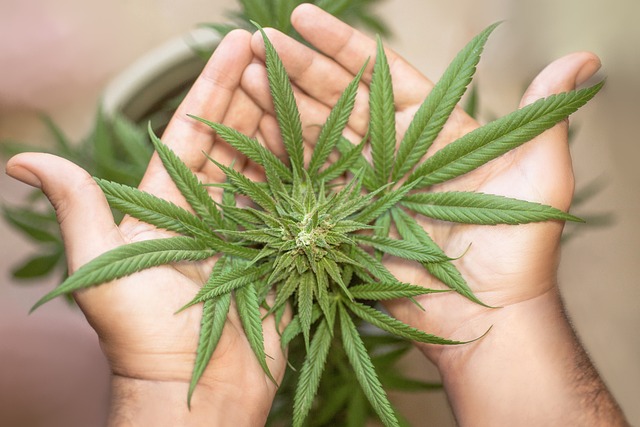
2023 has seen a notable shift in the wellness and healthcare sectors within New Jersey, with THCA (Tetrahydrocannabinolic Acid) flower emerging as a subject of significant interest. As the legal landscape in New Jersey continues to evolve, THCA flower, which is the raw form of cannabis from which THC (Tetrahydrocannabinol) is derived after heating, has garnered attention for its potential therapeutic properties. The state’s legislation has paved the way for the cultivation and sale of hemp-derived products, including the THCA flower, which contains less than 0.3% THC, thus adhering to federal regulations.
The benefits of THCA flower are multifaceted, with research suggesting its potential in alleviating pain, reducing inflammation, and offering neuroprotective effects. Unlike its psychoactive counterpart, Delta-9 THC, THCA is non-psychoactive, making it an attractive option for those seeking the health advantages of cannabis without the ‘high’. In New Jersey, where the conversation around cannabis legalization is gaining traction, THCA flower stands out as a versatile and beneficial addition to the wellness arsenal. Its legality in the state has opened doors for consumers looking for natural alternatives to conventional medicine, thereby reflecting a broader shift towards holistic health practices. As awareness and research continue to grow, the THCA flower’s role in the health and well-being of New Jersey residents is poised to expand, offering a glimpse into the future of cannabinoid-based therapies.
Understanding THCA: What It Is and Its Origins in the Cannabis Plant
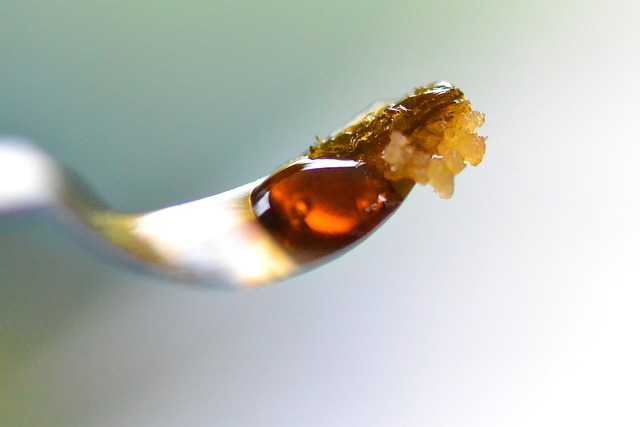
THCA, or tetrahydrocannabinolic acid, is one of the most prominent cannabinoids found in the Cannabis sativa plant. This natural compound exists in raw cannabis plants and serves as the precursor to the well-known psychoactive cannabinoid THC upon heating. THCA interacts with the body’s endocannabinoid system, potentially offering a range of therapeutic benefits without the psychoactive effects typically associated with its derivative THC. Research into THCA’s effects is ongoing, but initial studies suggest it may possess anti-inflammatory, analgesic, and neuroprotective properties, making it a subject of interest in various medical applications.
The legality of THCA-rich products varies across jurisdictions, with New Jersey being a notable example where the cannabis landscape is evolving rapidly. In New Jersey, THCA is considered legal under the state’s broad cannabis laws. This includes the recreational use, cultivation, and possession of cannabis in amounts for personal use, as per the New Jersey Cannabis Regulatory and Expungement Act signed into law in February 2021. The act not only decriminalizes cannabis but also establishes a framework for the regulation and taxation of adult-use cannabis. This legislative step has paved the way for consumers to legally access THCA in various forms, including flowers, oils, and edibles, provided they adhere to the guidelines set forth by state regulations.
THCA Legal Status: A Closer Look at New Jersey's Regulations

In recent times, the legislative landscape concerning cannabinoids has undergone significant shifts, particularly with regard to THCA (Tetrahydrocannabinolic Acid), a non-psychoactive precursor to THC (Delta-9-Tetrahydrocannabinol). New Jersey’s regulations stand out as a beacon of progress in this realm. As of the latest updates, New Jersey has legalized the recreational use of cannabis, including its various forms and derivatives, provided they adhere to state regulations. This includes THCA, which is often found in raw cannabis flowers and has garnered attention for its potential wellness benefits. The Garden State’s comprehensive approach to cannabis legislation not only embraces the medicinal use of THCA but also paves the way for research and consumer access to this non-intoxicating compound.
Understanding the specific legal status of THCA in New Jersey is crucial for both consumers and businesses involved in the cannabis industry. The state’s legislature has specifically carved out provisions for the sale and consumption of THCA, treating it with the same considerations as other legal cannabis products. This means that individuals can legally possess and use THCA flowers within the state’s bounds, provided they are of legal age and comply with the established possession limits. New Jersey’s clear-cut regulations regarding THCA provide a model for other states to follow, demonstrating a commitment to consumer safety and an evidence-based approach to cannabis policy.
The Therapeutic Potential of THCA Flower: An In-Depth Exploration
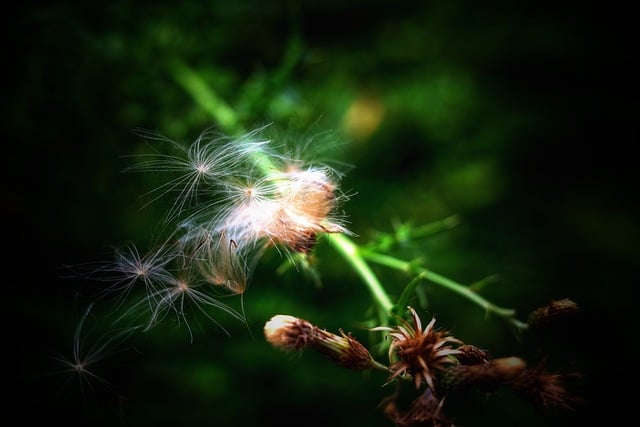
THCA, or Tetrahydrocannabinolic Acid, is the non-psychoactive precursor to THC, the compound in cannabis that is commonly associated with its psychoactive effects. As interest in the potential therapeutic benefits of cannabinoids grows, THCA has garnered attention for its promising properties. In New Jersey, where THCA flower has been deemed legal under certain conditions, researchers and users alike are exploring its capabilities. The flower rich in THCA offers a range of potential health benefits without the immediate psychoactive impact that THC delivers. Studies suggest that THCA may possess anti-inflammatory, anti-nausea, anti-anxiety, and neuroprotective qualities, making it a subject of interest for those seeking alternative therapeutic options. Its legal status in New Jersey facilitates research and access to these potential benefits, allowing individuals to explore its effects while adhering to state regulations. As the body of scientific evidence continues to grow, so too does the understanding of how THCA may interact with the human endocannabinoid system, offering a natural approach to well-being and health management.
How THCA Differs from THC: Decoding the Differences for Consumers
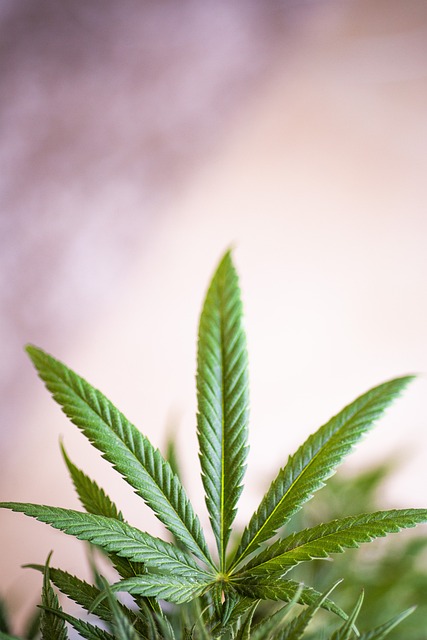
THCA, or Tetrahydrocannabinolic Acid, is a non-psychoactive cannabinoid found in raw cannabis plants that undergoes decarboxylation to become THC, the most well-known psychoactive compound in cannabis. Unlike its heated counterpart THC, THCA possesses a distinct set of properties and potential benefits. For consumers curious about the legal landscape, it’s worth noting that THCA products are within the boundaries of legality in states like New Jersey, where both medical and recreational use of cannabis are permitted under state law, adhering to specific regulations.
The primary difference between THCA and its heated form THC lies in their chemical structures. THCA contains an additional acid group that gives it a unique interaction with the body’s endocannabinoid system. Preliminary research suggests that THCA may offer anti-inflammatory and neuroprotective benefits, which could be harnessed for various health conditions without the psychoactive effects associated with THC. As such, consumers looking for the therapeutic properties of cannabis without the high may find THCA products to be a compelling alternative. The legal status of these products is evolving, with states like New Jersey leading the way in clarifying regulations. Consumers interested in exploring THCA’s potential benefits should familiarize themselves with local laws and consult with healthcare professionals where applicable.
The Entourage Effect and Synergy in Cannabinoids: The Role of THCA
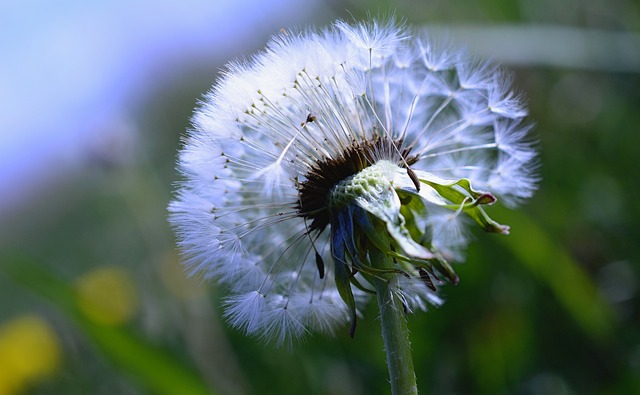
Delta-9-tetrahydrocannabinolic acid (THCA) is a non-psychoactive precursor to the well-known psychoactive cannabinoid, THC. It’s legal in New Jersey, as are other cannabinoids and derivatives found within the hemp plant, according to the 2018 Farm Bill. THCA has garnered attention for its potential therapeutic properties and its role in what is known as the ‘Entourage Effect.’ This effect refers to the collaborative impact of all the compounds found in cannabis, including terpenes, flavonoids, and various cannabinoids, when they interact with our body’s endocannabinoid system. THCA contributes significantly to this synergy, offering potential benefits that may not be fully realized when isolated from other cannabis components.
Research suggests that THCA may exert its effects through interactions with the body’s CB1 and CB2 receptors, influencing pain sensation, inflammation, and immune response without the psychoactive ‘high’ associated with its decarboxylated form, THC. In New Jersey, where the use of hemp-derived products, including those containing legal amounts of THCA, is regulated, consumers are exploring the potential wellness benefits of this cannabinoid. The Entourage Effect enhances the efficacy and experience of using THCA, with many users reporting a broader range of effects than those observed from isolated THC. This holistic approach to cannabis compounds underscores the importance of considering the full spectrum of cannabinoids for optimal wellness outcomes.
THCA flower, with its rising prominence in New Jersey due to its unique therapeutic potential and distinct legal status within the state, has shed light on a novel frontier of cannabinoid wellness. As the understanding of THCA’s origins and its differences from THC becomes more prevalent, consumers are increasingly exploring this natural compound as an alternative or complementary option for health and well-being. The entourage effect, highlighting the synergy between cannabinoids, further underscores the importance of considering THCA legal in New Jersey when seeking alternative health solutions. This article has delved into the multifaceted aspects of THCA flower benefits, offering a comprehensive overview for those interested in this emerging area of wellness.
